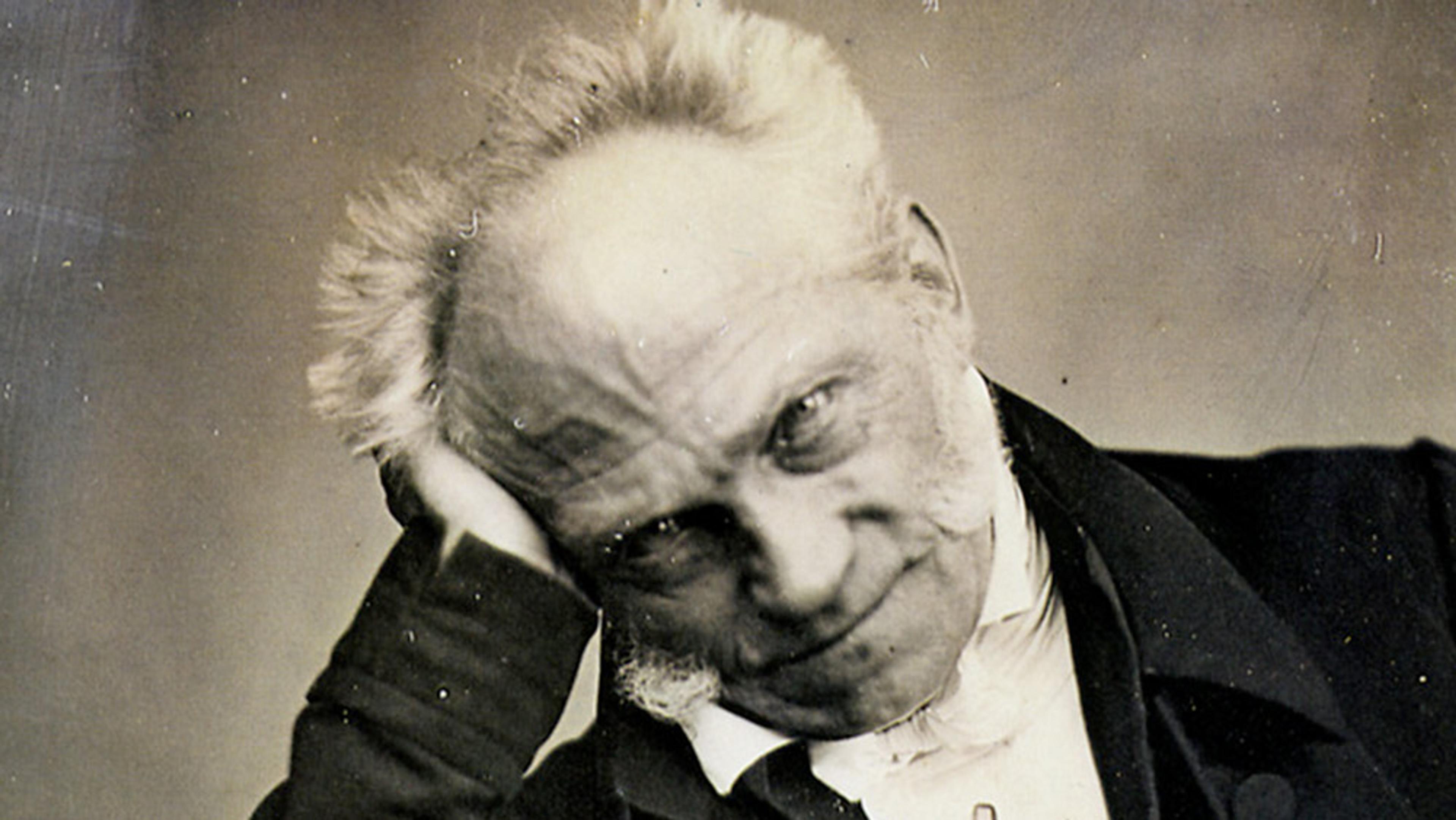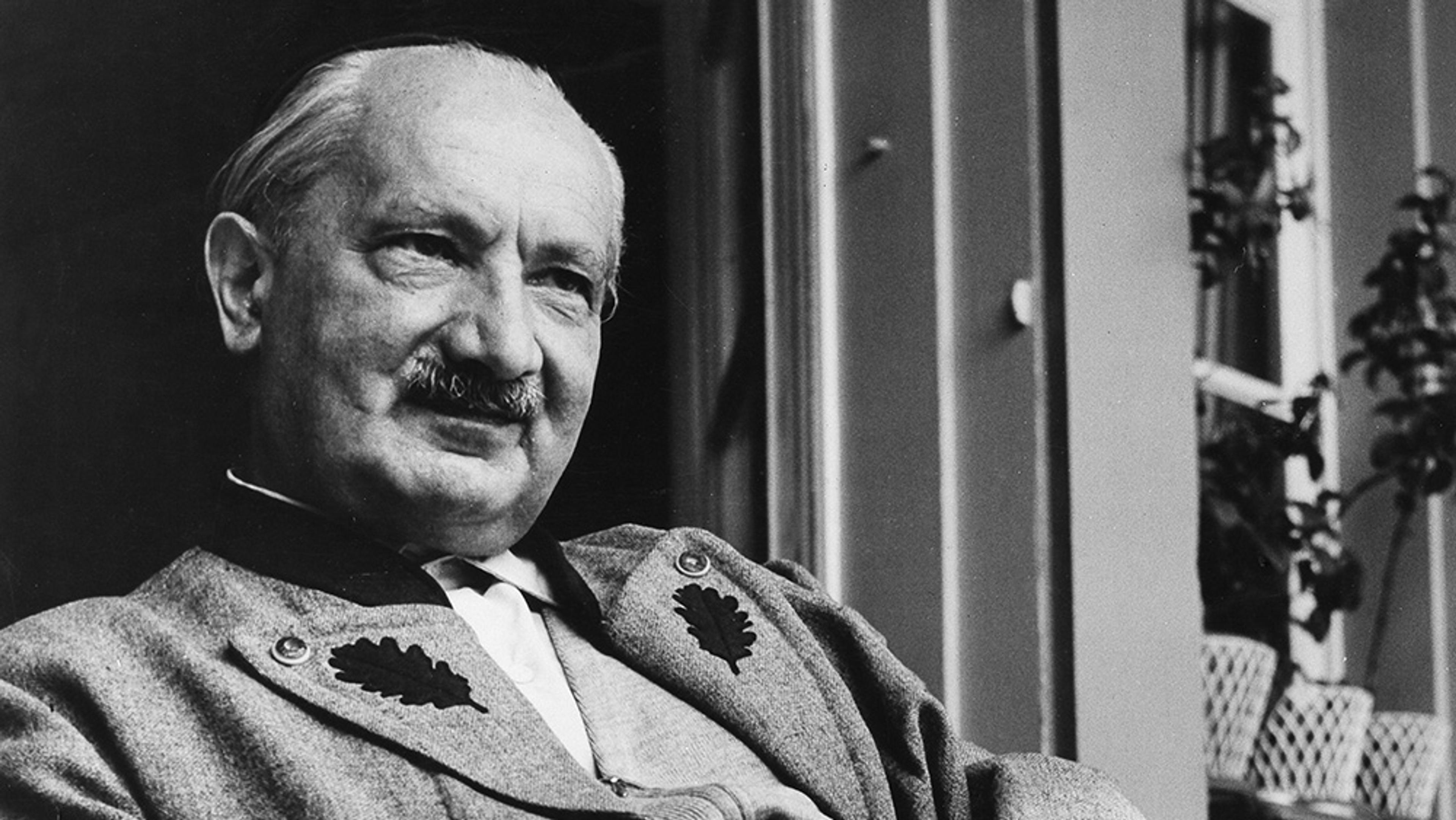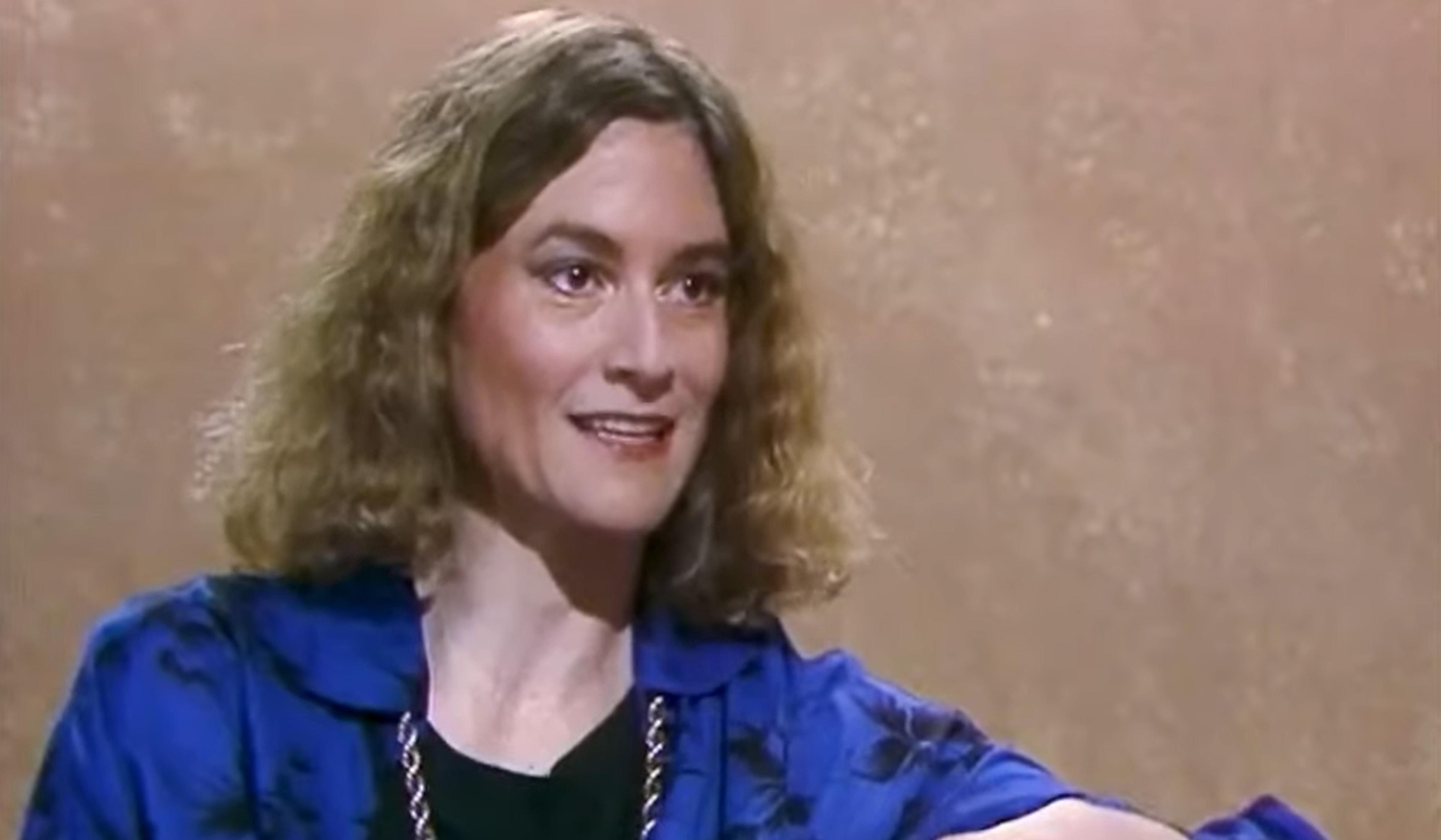Known for his dense and abstract writings, G W F Hegel (1770-1831) was one of the most influential philosophers of the 19th century. His ideas were united by his conception of history as a process in which cycles of conflict drive humanity toward a state of collective freedom and enlightenment – to put it all rather simply. In this interview with the UK broadcaster and philosophy populariser Bryan Magee (1930-2019), the Australian philosopher Peter Singer helps to unpack some of Hegel’s ‘notoriously obscure’ ideas. In particular, Magee and Singer focus on how Hegel’s conception of history as leading toward an endpoint influenced another revolutionary thinker, Karl Marx, as well as how the two differed on the matter of materialism. Capturing Singer in the early stages of his profoundly influential life as a public intellectual, the conversation also provides compelling insights into his own worldview.
Peter Singer charts the path from Hegelian philosophy to Marxist revolution

videoThinkers and theories
The intellectual legacy of philosophy’s greatest pessimist: life is suffering, art is supreme
44 minutes

videoPhilosophy of language
For Ludwig Wittgenstein, language is a game, but not a frivolous one
43 minutes

videoHistory of ideas
I am, therefore I think – how Heidegger radically reframed being
13 minutes

videoThinkers and theories
A Buddhist monk probes Heidegger on the limits, and necessity, of philosophy
16 minutes

videoThinkers and theories
Metaphysics and beyond – Martha Nussbaum on Aristotle’s indelible ideas
43 minutes

videoHistory of ideas
Music is marvellous, but not mysterious: an interview with Lydia Goehr
6 minutes

videoMeaning and the good life
Leading 1950s thinkers on the search for happiness in trying times
29 minutes

videoThinkers and theories
When does philosophy overlap with literature? Iris Murdoch talks to Bryan Magee
44 minutes

videoThinkers and theories
Henri Bergson on why the existence of things precedes their possibility
3 minutes